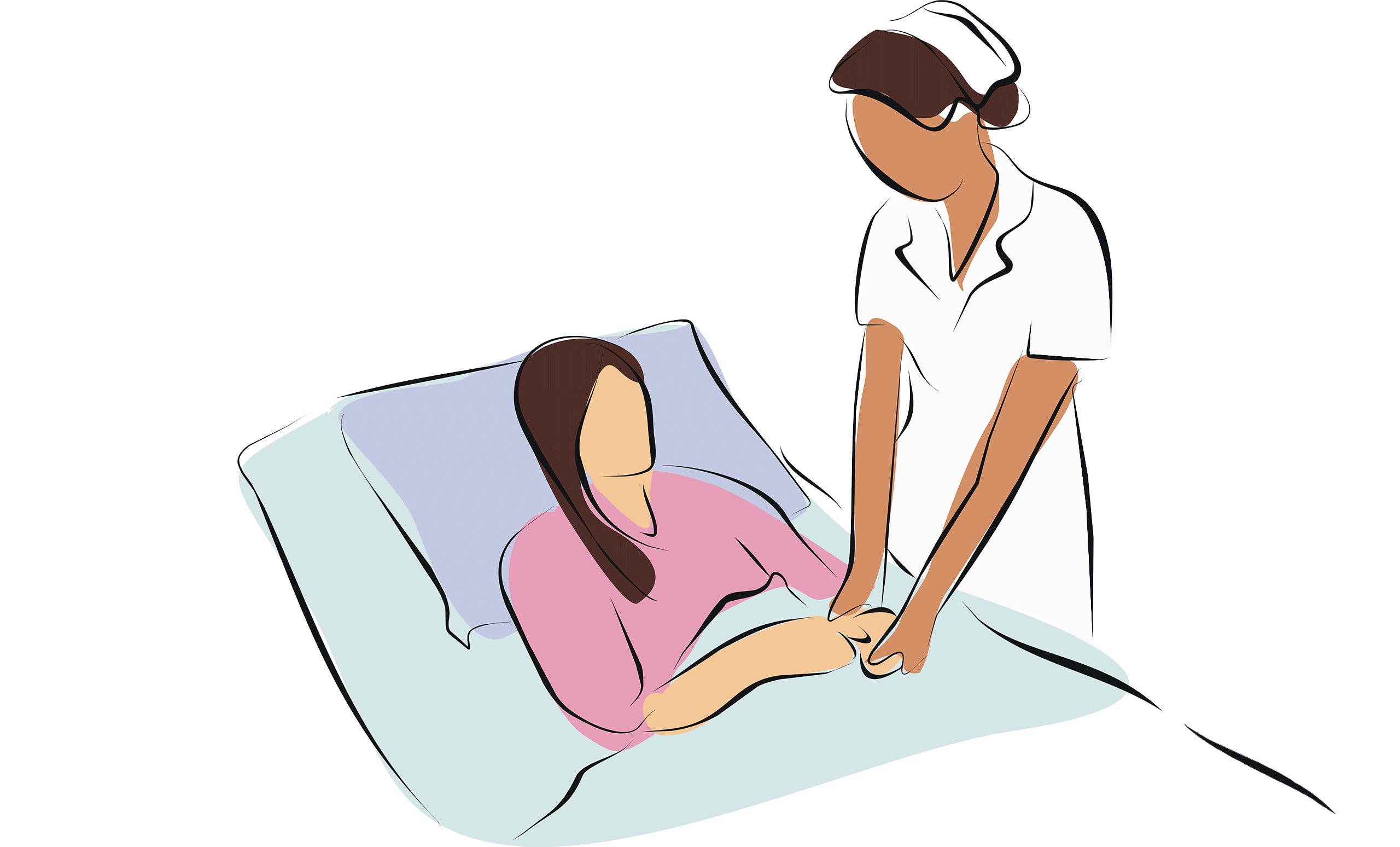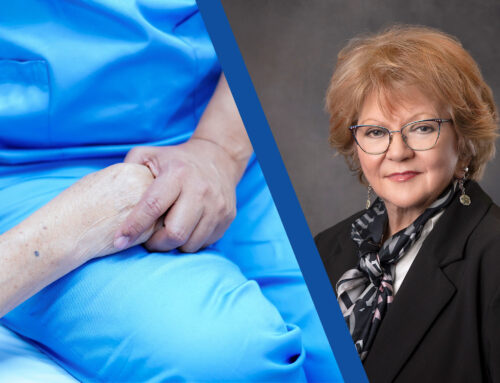The hospice care program
Hospice is a care concept and program designed to reduce suffering for people at the end-of-life stage and their family members as much as possible. Hospice programs focus on symptom relief instead of diagnostic tests and prolonging life. They also educate the patient and family about appropriate and comfortable care. Even though hospice programs do not emphasize extending life, good hospice care might achieve this by avoiding the potentially severe side effects that can come from surgery and aggressive drug treatments that people might otherwise receive.
In hospice care, a family member, a close friend, or both help the patient with decision-making when they are no longer in full mental and physical capacity. Hospice personnel is specially trained to help manage symptoms and provide emotional and spiritual support and hands-on health care. The hospice staff usually visits the person as much as needed, sometimes daily, and someone is always available around the clock.
Different professionals are involved in hospice care for your loved one. Hospice program staff does not usually care for people in hospitals or rehabilitation centers. Nevertheless, hospitals might establish care programs that treat symptoms thoroughly and help decision-making.
What happens during hospice care?
Hospice care can provide the most necessary medical treatments, equipment, drug use, oxygen therapy, and doctors and nurses to stay proactive. Social workers, chaplains, and trained volunteers help with interpersonal, spiritual, and financial issues. Bereavement counselors give support and insight during the grieving process.
Most people who require hospice care also need assistance with everyday activities (such as dressing, bathing, and feeding), and others may be entirely dependent. Although family members and friends usually provide this care, they can get additional paid help from home health aides. Call us, and we can refer you to some local in-home agencies near you.

A hospice care team typically includes:
At Ascend Hospice Care, we form a multidisciplinary team capable of attending to each of the needs of our patients and their families. Our working members are empathetic and will always treat others with respect, love, and dignity.





